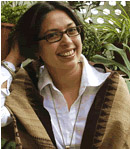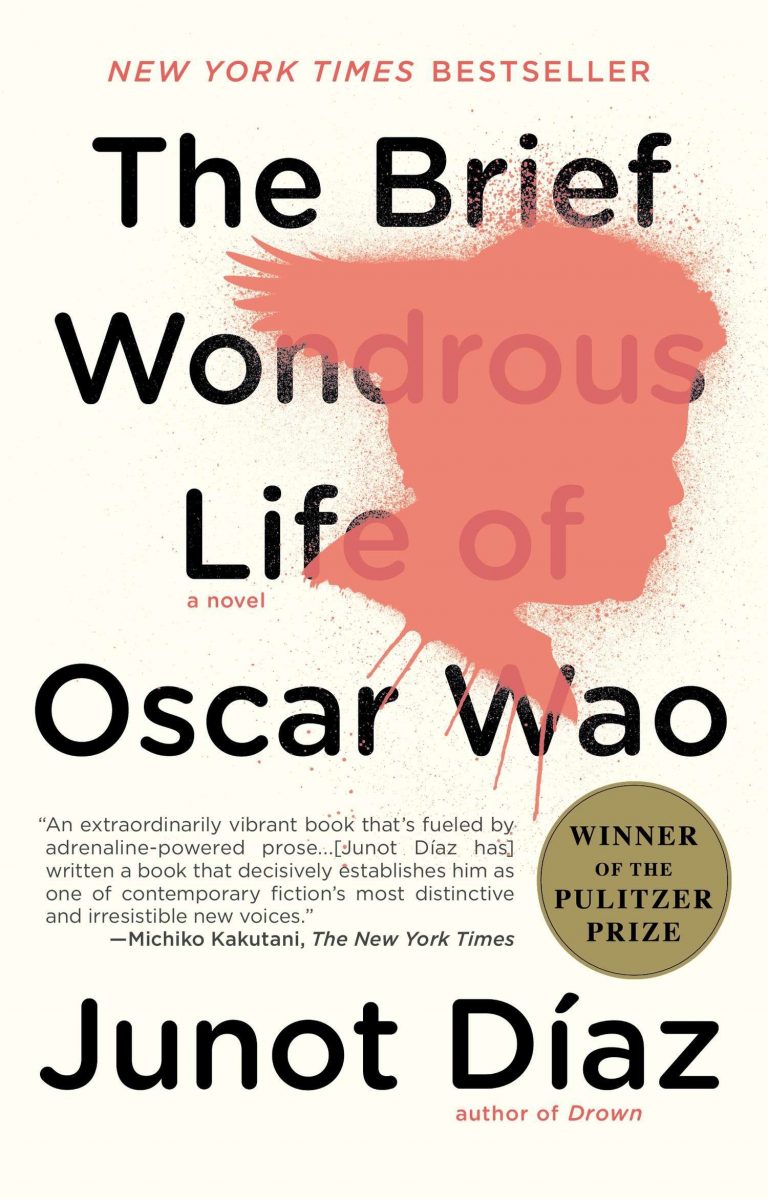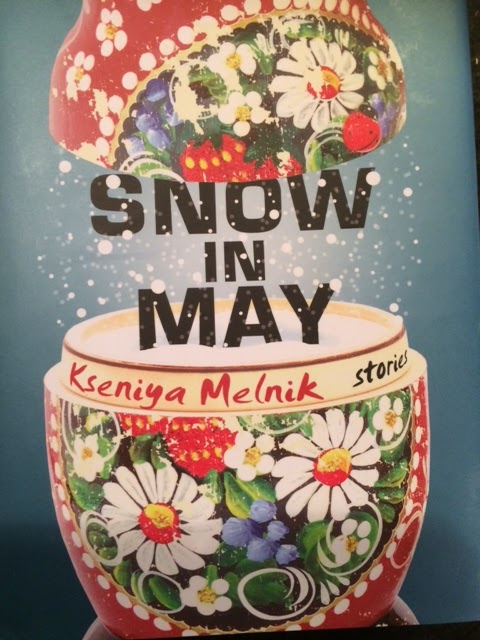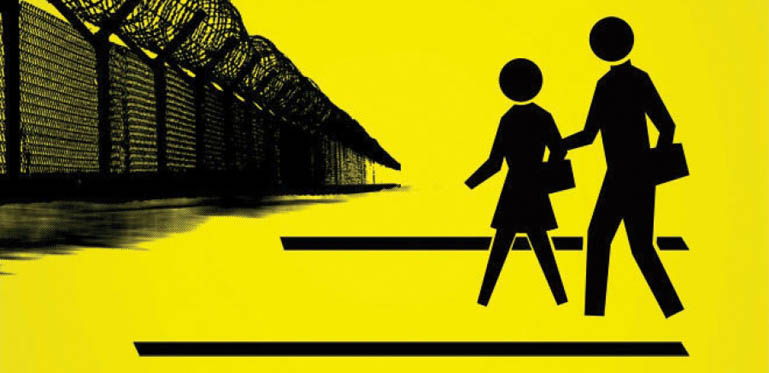The Jenny McKean Moore Reading Series Presents Claudia Rankine In Conjunction With Citizen Day
The Jenny McKean Moore Reading Series Presents:
Claudia Rankine
Join us on Monday, April 11th at 7:30PM in Gelman 702 for the next installment of The Jenny McKean Moore Reading Series featuring Claudia Rankine, who will read from her new book, Citizen: An American Lyric. Her new work won both the PEN Open Book Award and the National Book Critics Circle Award for poetry, as well as being a finalist for the National Book Award.
In honor of Claudia Rankine’s visit to GWU, Citizen Day is being coordinated by Jennifer Meneray as a call for students to write about what it means to be “citizens” at GWU in a time of political/racial polarization.
The Citizen Project emphasizes the importance of creating a space where student experiences at GWU are highlighted. It will be a compilation of essays and poems that address a variety of experiences student had at the George Washington University. It is important to reflect on how the environment shapes student understanding of what it means to be a citizen and impacts their participation in student activities on campus.
Jennifer Meneray is a Graduate Student working on a Master Degree in Women’s Studies. She works as a Graduate Assistant at the Multi-Cultural Student Services Center where she stresses the importance of building a community that supports students and creates spaces for critical thinking. She has focused her research on analyzing various barriers that survivors of violence face when they attempt to overcome trauma. Ultimately she wishes to open a non-profit organization that uses an intersectional approach to help people who are survivors of sexualized violence.
Jennifer became involved in the Citizen Project as a way to empower students to share their writing with the broader community, and believes that allowing students to share their experiences through essays and poetry enables us to understand the barriers they face on their way to success.
The winning poem/essay will run in the Multi-Cultural Student Services Newsletter. The title of the essay section will be called: GWU “Citizen” and will display the poem or essay beneath the heading.
Rankine is the recipient of the Poets and Writers Jackson Poetry Prize and fellowships from the Lannan Foundation and the National Endowment of the Arts. A poet, essayist, playwright, and editor, she is the Chancellor of American Poets and the Aerol Arnold Chair in the University of Southern California English Department. Rankine has published five collections of poetry, including Don’t Let Me Be Lonely, Si Toi Aussi Tu M’abandonnes, The End of the Alphabet, Plot, and Nothing In Nature Is Private. Her two plays are entitled Provenance of Beauty and Existing Conditions.
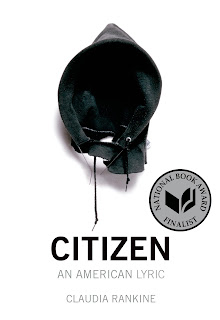 Greywolf Press describes Citizen as follows:
Greywolf Press describes Citizen as follows:
“Claudia Rankine’s bold new book recounts mounting racial aggressions in ongoing encounters in twenty-first-century daily life and in the media. Some of these encounters are slights, seemingly slips of the tongue, and some are intentional offensives in the classroom, at the supermarket, at home, on the tennis court with Serena Williams and the soccer field with Zinedine Zidane, online, on TV—everywhere, all the time. The accumulative stresses come to bear on a person’s ability to speak, perform, and stay alive. Our addressability is tied to the state of our belonging, Rankine argues, as are our assumptions and expectations of citizenship. In essay, image, and poetry, Citizen is a powerful testament to the individual and collective effects of racism in our contemporary, often named “post-race” society.



